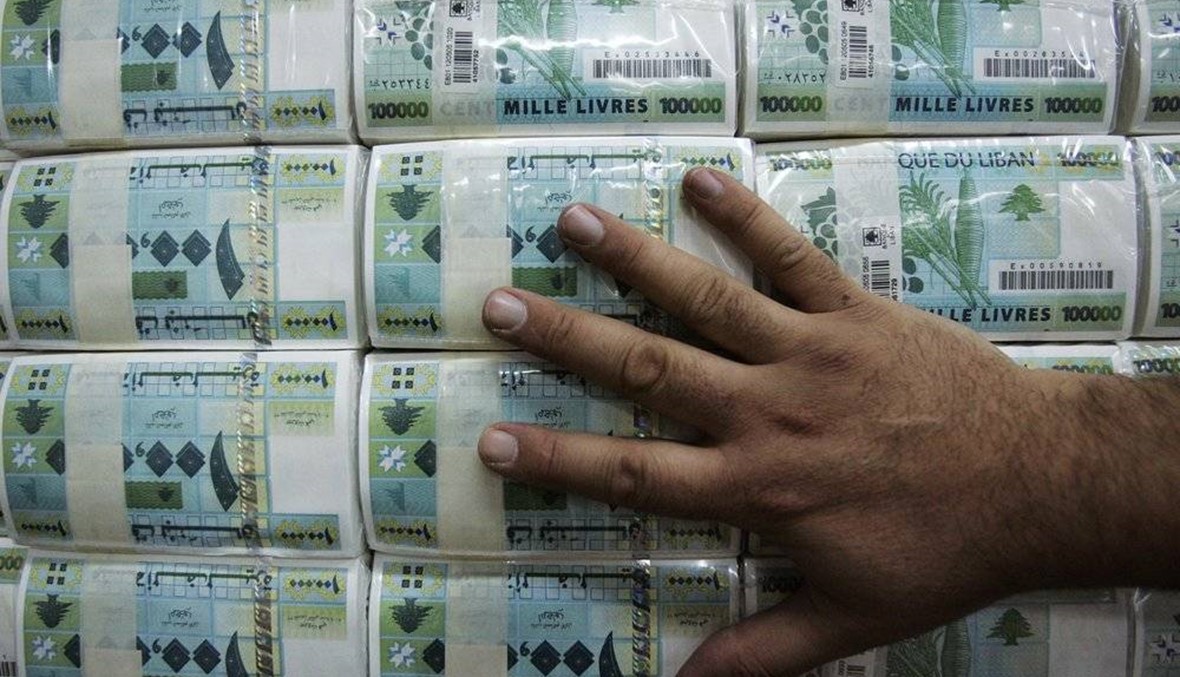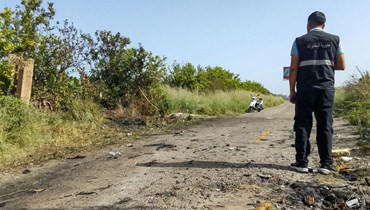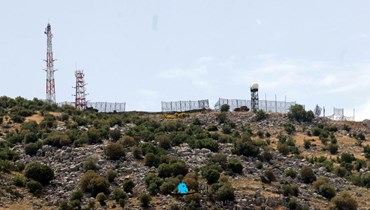Disclaimer: This is a work of fiction. Any similarities between actual people and events is purely coincidental.——————————————————————————————————————————— “If you want to understand a man, walk a mile in his shoes.”Riad Salameh sat in his plush office, with silk Persian carpets blanketing the floors, smoking his favorite Cuban cigar, as he blew concentric circles in the air, while reading the daily press reports. He didn’t like reading on a computer screen, so his long-term assistant Madame “Hallak” brought newspapers or printouts of online-only articles. Madame Hallak is one of the most important employees at the Central Bank (BDL); because she’s the filter who controls access to him. If measured by his salary and BDL’s $136 billion balance sheet, Salameh would undoubtedly be the most important man in Lebanon. People who tried to breach Madame Hallak’s elaborate defense lines for her boss varied from chairmen of banks all the way down to “selfie with the governor” aspirants.He cringed as he read some of the scathing criticism in the mainstream media that historically revered him. President Michel Aoun had renewed his fifth term 3 years ago, after a bitter fight among his advisors. Salameh scraped through, due to sound advice from market experts who warned the President that any change would be detrimental to monetary confidence. He was now governor for 26 years. Whatever you may think of him, he had become indispensable. BDL was Salameh and Salameh was BDL. Salameh’s approval rating stood at nearly 90% in 2016, triple that of any public official, attributed primarily to maintaining the Lira peg at 1507.5 per dollar for two decades. He was the most admired man in Lebanon through most of his tenure. Salameh was briefly among the three frontrunners for president in 2016, but regional geopolitics and local deal-striking formed unimaginable alliances, leading to the election of President Aoun in 2016.As he read more bad news, Salameh had an irresistible urge to call his most trusted lieutenant, a senior, highly-dedicated public servant “Semaan” who’s the unsung hero, quietly fighting the tactical battles. He asks him for the Reserves number. This is the dollar value of gross foreign currency reserves, which stood at $38.6 billion, or nearly $50 billion, if you include the gold stash, much of which is held for safe-keeping in Fort Knox, Kentucky. Salameh repeatedly conveys this number to the press, with his calm voice and slow drawl, in sharp contrast to the loud and animated Lebanese macho stereotype. Nonetheless, he oozed with confidence, and panicky visitors left his office calm, even ready to go long Lira and short dollar. He was the consummate salesman, a skill honed during his Merrill Lynch days 1973-1993, as a financial advisor for the wealthy, which is how he met late Prime Minister Rafiq Harriri. It was the beginning of a beautiful friendship culminating in his current position.As he thought back to his legacy under attack, Salameh put on his suit jacket. He never left it behind, because of a sensitive key hidden in a secret, specially tailored pocket, which he carried on his person at all times. As he walked towards the waiting room, he stopped to admire pictures of his predecessors. Elias Sarkis was his favorite. He was the one who made the decision to buy gold, worth $14 billion today. Despite the fact that he’s forbidden to touch it by law, it gave him, and the country, excessive self-confidence, although he knew that it was unusable — selling even one gram would require a ministerial decree, but the signaling effect would be like yelling “fire” in a crowded theatre. He also admired President Sarkis for his courage 1976-1982, when the country disintegrated into a brutal civil war. Sarkis witnessed the PLO setting up a state within a state, two Israeli invasions, the Syrian occupation of most of the country, while keeping the Lira stable in a tight band between 3.22 and 3.92 to the dollar. He looked up at the picture, whispering, “Tell me, Elias, what should I do now?”His thoughts are suddenly interrupted by loud chanting outside. He looks out a corridor window, as his office is designed to prevent someone outside from looking in (or someone inside look out). In the good times, it afforded privacy. Today it projected a sense of siege, like he was in a bunker. Demonstrators outside were screaming vitriolic slogans against him and the central bank. He wondered why they hated him instead of the impotent government. Didn’t he give them 22 years of prosperity? 22 years of a strong purchasing power and a higher standard of living than any Arab country in this neighborhood? Why are...

Support Independ Journalism
Subscribe to Annahar Premium
Subscribe to Annahar Premium
starting at only 6$
(this article is for premium subscribers)
Subscribe Now
Already subscribed?
Sign in


 اشترِك في نشرتنا الإخبارية
اشترِك في نشرتنا الإخبارية











